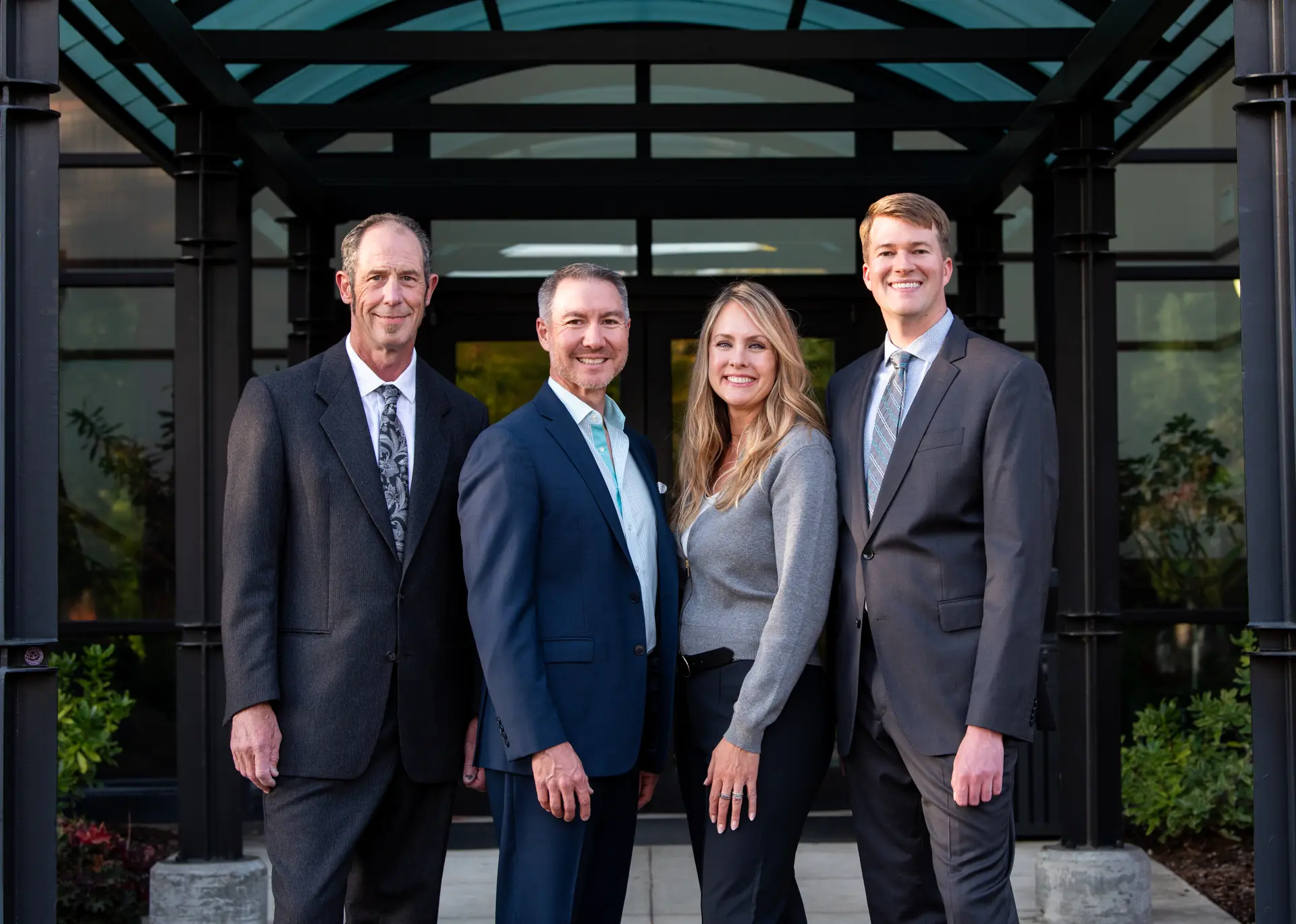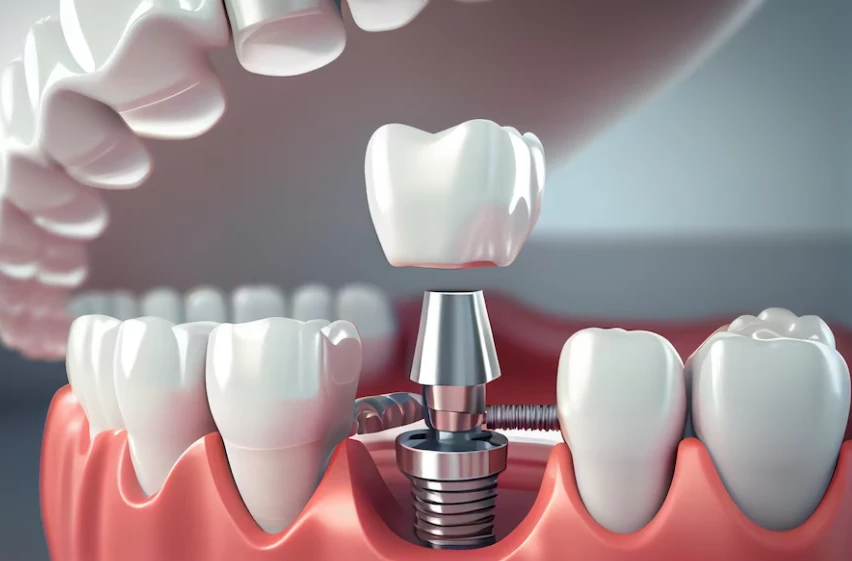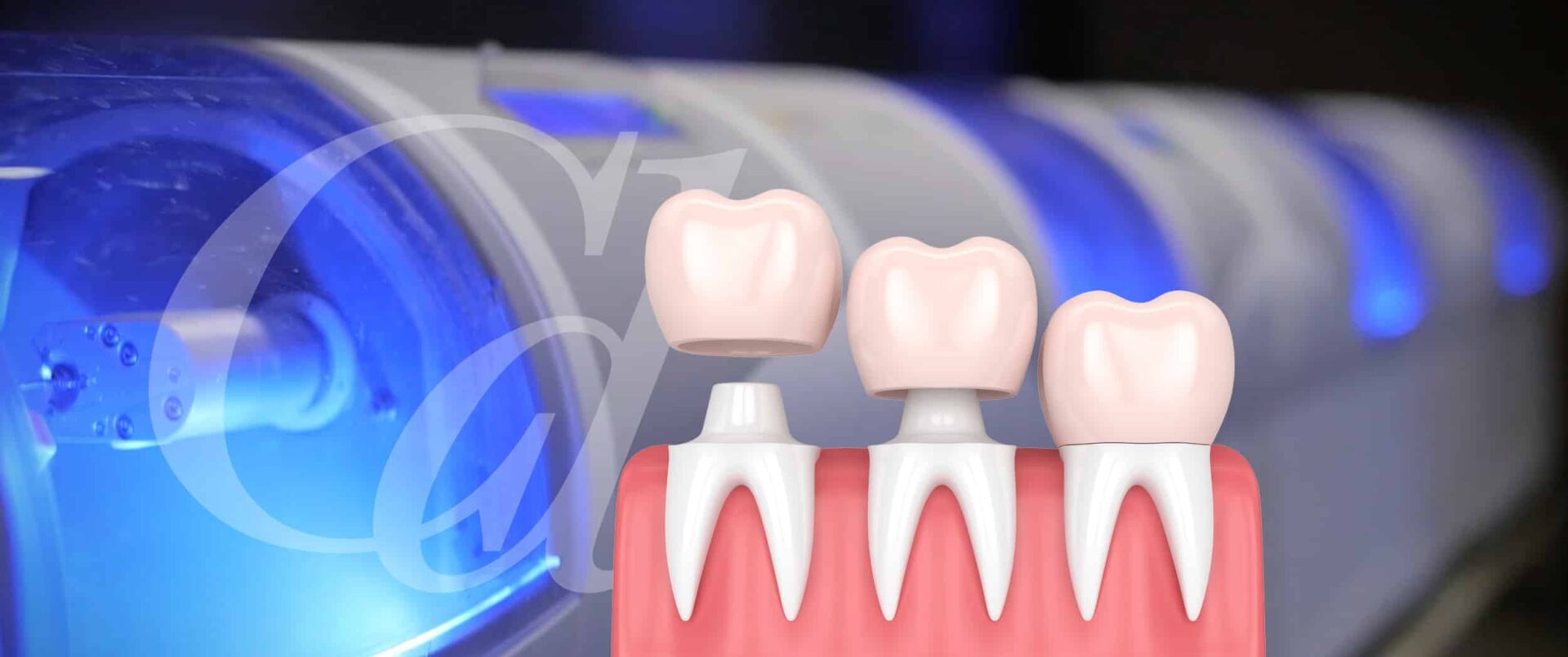Recovering from cancer is a journey filled with challenges, including those affecting your dental health. Treatments like chemotherapy and radiation can impact your oral health, sometimes leaving gaps in your smile due to tooth loss. Dental bridges offer an effective way to restore both the appearance and functionality of your teeth during this critical phase.
Beyond aesthetics, they help with everyday essentials like eating and speaking, which can be harder after cancer treatment. By addressing these issues, dental bridges play a vital role in rebuilding confidence and quality of life. Let’s uncover how this restorative solution can make a meaningful difference in your post-treatment journey.
How Do Dental Bridges Help Restore Oral Functionality After Cancer Treatment?
Cancer treatments, particularly surgery, radiation, and chemotherapy, can have a profound impact on a patient’s oral health. The loss of teeth, damage to the jawbone, and changes in the soft tissues of the mouth can leave cancer survivors struggling with essential functions like speaking, chewing, and swallowing. Dental bridges play a key role in addressing these issues by replacing missing teeth and restoring normal oral functionality.
- Replacing Missing Teeth: After cancer treatment, many patients find themselves with gaps in their smiles due to tooth loss. Dental bridges are designed to fill these gaps by attaching artificial teeth to the remaining natural teeth or dental implants. This restoration allows patients to chew and speak normally, as the bridge acts as a functional replacement for lost teeth.
- Improved Aesthetic Appearance: Besides their functionality, dental bridges also restore the aesthetic appearance of a patient’s smile. The loss of teeth can be distressing and can affect a patient’s self-esteem. A dental bridge not only restores the ability to chew but also helps patients regain their confidence and sense of normalcy.
- Enhanced Speech and Chewing Function: Missing teeth can significantly affect speech patterns and make chewing difficult, leading to poor nutrition and social embarrassment. Dental bridges support the structure of the mouth, allowing patients to chew food effectively and speak clearly. This is particularly important for cancer survivors who may have already faced physical and emotional challenges throughout their treatment.
- Prevention of Shifting Teeth: After tooth loss, the remaining teeth may shift into the empty spaces, which can cause alignment issues, bite problems, and even further tooth loss. A dental bridge helps maintain the alignment of the remaining teeth and prevents these complications, ensuring that the mouth remains functional and healthy.
What Are The Common Challenges In Using Dental Bridges For Cancer Recovery Patients?
While dental bridges offer significant benefits in cancer recovery, there are several challenges that patients may face when opting for this treatment. These challenges can arise from the side effects of cancer treatment itself or the physical changes in the mouth and jaw that occur during the recovery process.
- Dry Mouth (Xerostomia): One of the most common side effects of cancer treatments like radiation and chemotherapy is dry mouth, or xerostomia. Radiation therapy, in particular, can damage the salivary glands, reducing saliva production. Saliva plays a vital role in keeping the mouth moist and facilitating the proper functioning of dental restorations. A dry mouth can lead to discomfort, difficulty in wearing dental bridges, and increased risk of oral infections.
- Gum Sensitivity and Irritation: Radiation therapy can lead to weakened or inflamed gums, which may affect the way dental bridges fit in the mouth. If the gums are overly sensitive or prone to irritation, the patient may experience discomfort when the bridge is placed. This can make it difficult for the patient to get accustomed to wearing the dental bridge, especially if they are also dealing with other side effects like mouth sores.
- Bone Loss: Radiation therapy directed at the head and neck can lead to bone loss, particularly in the jaw. This can affect the stability and longevity of dental bridges, especially those that rely on natural teeth for support. Patients with significant bone loss may need to explore alternative options, such as dental implants, to ensure that the dental bridge remains stable and functional.
- Reduced Healing Ability: Cancer treatments can sometimes compromise the body’s ability to heal, which can impact the placement of a dental bridge. Patients undergoing cancer recovery may have a slower recovery time following dental procedures, including the fitting of dental bridges. This requires careful planning and monitoring by the dental team to ensure optimal results.
- Increased Risk of Infection: With a weakened immune system due to cancer treatments, patients are at a higher risk of developing infections in the mouth. The presence of a dental bridge, especially one that uses natural teeth as anchors, may increase the risk of plaque accumulation, leading to potential gum infections or other complications. Proper oral hygiene practices are essential to avoid these risks.
Are Dental Bridges Suitable For Patients Who Have Undergone Radiation Therapy?
Radiation therapy, particularly when aimed at the head and neck, can cause significant changes to the mouth and jaw, making it more challenging for some patients to get dental restorations like bridges. However, dental bridges can still be a viable option for many cancer survivors who have undergone radiation therapy.
Factors to Consider:
- Jawbone Health: One of the most important factors to consider is the condition of the patient’s jawbone. Radiation therapy can weaken the bones in the mouth and jaw, making it more difficult for the teeth to support a dental bridge. In cases where the jawbone has been severely impacted by radiation, dental implants might be a better option for securing the bridge. However, for patients with adequate bone density, a traditional dental bridge may still be effective.
- Salivary Gland Function: Since radiation therapy can damage the salivary glands, leading to dry mouth, patients may face additional challenges in adapting to a dental bridge. Dry mouth can make wearing the bridge uncomfortable and increase the risk of plaque buildup around the bridge. In these cases, using saliva substitutes and staying hydrated can help alleviate symptoms. Regular follow-up visits with the dentist are also crucial to ensure the bridge remains in good condition.
- Gum Health: Radiation therapy can cause changes in the gums, leading to irritation, inflammation, or even necrosis of the gum tissue. For patients whose gums are significantly affected, special care must be taken when designing and fitting the dental bridge to ensure it doesn’t exacerbate existing problems. In some cases, the dentist may recommend additional treatments, such as gum grafts, before placing the bridge.
- Customized Solutions: Dental professionals who work with cancer recovery patients understand the complexities of radiation therapy and its effects on oral health. They can customize the design of the dental bridge to accommodate the patient’s unique needs, ensuring a better fit and increased comfort. Advanced materials can also be used to ensure that the bridge remains functional and durable.
How Does A Dental Bridge Support Overall Oral Health Post-Cancer Treatment?
Dental bridges not only restore functionality but also play a key role in maintaining overall oral health during cancer recovery. They help address several key issues that arise after cancer treatments, including tooth loss, gum disease, and jawbone deterioration.
- Restoring Proper Bite and Alignment: By replacing missing teeth, a dental bridge helps restore proper bite alignment, preventing strain on the jaw and remaining teeth. This is particularly important for cancer survivors who may already be dealing with jaw problems from radiation therapy or surgery. Proper alignment helps prevent further dental complications and reduces the risk of discomfort or pain.
- Supporting Chewing and Digestion: After cancer treatment, it can be difficult to chew food properly, which can lead to digestive issues and nutritional deficiencies. A dental bridge restores the functionality needed for effective chewing, making it easier for patients to eat a wider variety of foods and maintain a healthy diet.
- Preventing Tooth Shifting: The loss of teeth can cause the remaining teeth to shift out of alignment. This misalignment can lead to bite problems, jaw pain, and even further tooth loss. By filling the gaps with a dental bridge, the surrounding teeth are kept in place, helping to prevent further damage and maintaining the integrity of the patient’s bite.
- Improving Speech and Confidence: Missing teeth can impact speech, making it difficult to pronounce certain words or speak clearly. A dental bridge improves speech by filling in the gaps and supporting the mouth’s structure. Additionally, restoring the smile helps boost a patient’s self-esteem, which is an important factor in their emotional recovery after cancer treatment.
Dental bridges provide a valuable solution for patients recovering from cancer treatments, offering both functional and aesthetic benefits. While there are challenges to consider, such as dry mouth, gum sensitivity, and bone loss, dental professionals have the knowledge and tools to address these issues and create customized solutions that support the patient’s unique needs. With the right care and consideration, dental bridges can help cancer survivors regain functionality, improve their oral health, and enhance their quality of life after treatment.
Personalized Dental Care at Cascade Dental: Tailored Solutions for Your Unique Needs
At Cascade Dental, we believe that every patient deserves care that is as unique as their smile. Our team is committed to providing personalized dental services designed to address your specific oral health needs, whether it’s preventive care, cosmetic enhancements, or restorative treatments. Here’s how our services can benefit you:
- Comprehensive Care for All Ages: From children’s first check-ups to specialized treatments for seniors, we offer a wide range of services to ensure the dental health of your entire family.
- Advanced Technology for Precision and Comfort: With the latest dental technology, we can diagnose and treat issues more effectively while minimizing discomfort and improving outcomes.
- Customized Treatment Plans: We understand that no two smiles are the same, so we create personalized treatment plans that align with your goals, lifestyle, and health needs.
- Preventive Focus for Long-Term Health: Our emphasis on preventive care helps you maintain a healthy smile for years to come, reducing the risk of serious dental issues down the road.
- Cosmetic Dentistry That Enhances Confidence: Whether you’re looking to brighten your smile, correct misalignment, or restore damaged teeth, our cosmetic treatments will help you feel great about your smile again.
Take the First Step Toward a Healthier, More Confident Smile Today!
At Cascade Dental, we’re here to support your oral health journey with personalized care and advanced treatments. Don’t wait for dental issues to escalate—schedule your appointment today and take the first step toward a healthier, brighter smile. Contact us now to book your consultation or call us. Let’s work together to achieve the smile you deserve!




